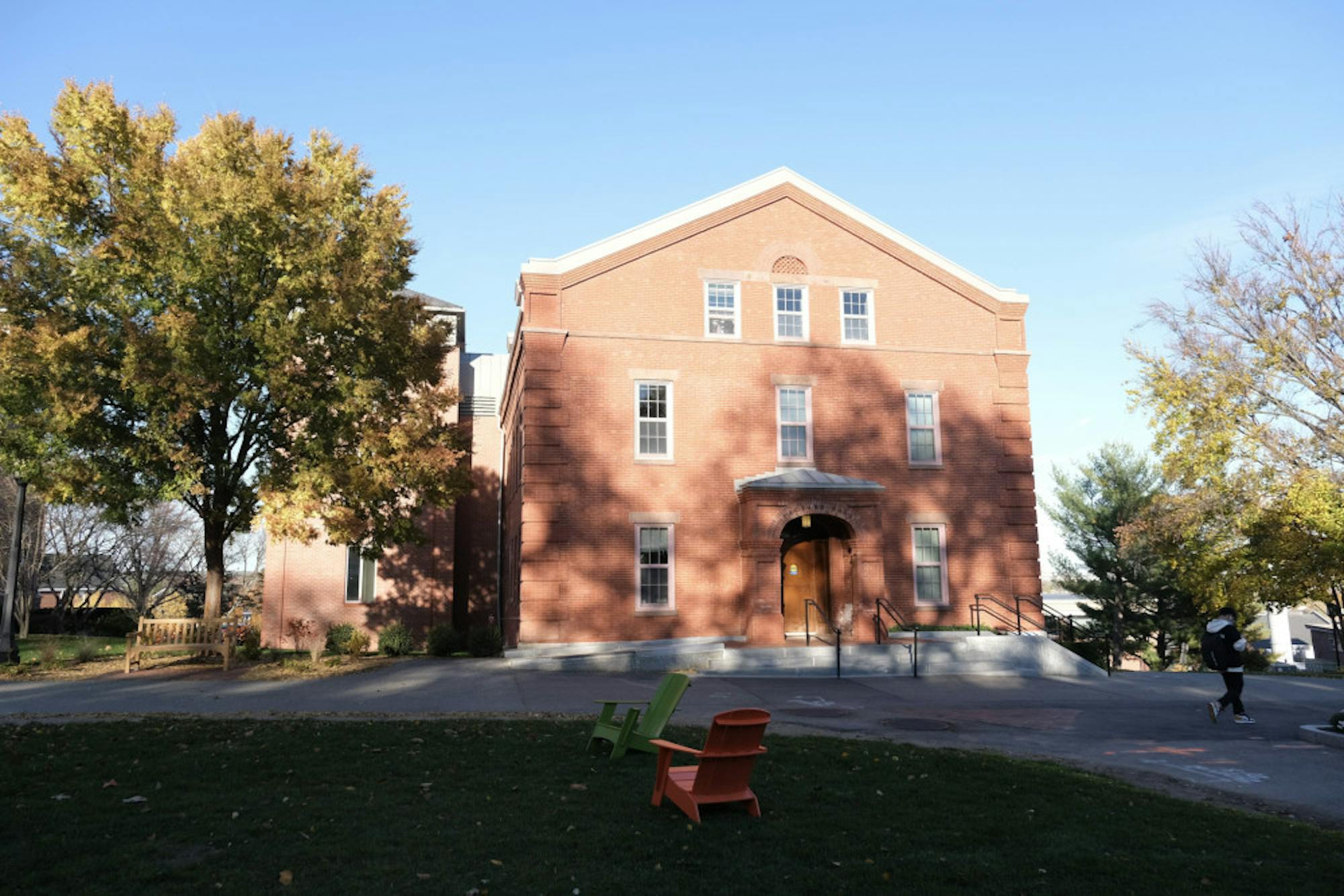Editor’s note: Emily Thompson is the Executive News Editor of The Tufts Daily. Thompson was not involved in the writing or editing of this article.
On Nov. 2, the Tufts Political Science department hosted a panel discussion on the upcoming midterm election. The discussion, titled “What to Look for on Election Night: A Political Science Pre-Election Panel Discussion,” included Tufts political science Professors Deborah Schildkraut and Brian Schaffner, Boston College political science Professor Masha Krupenkin and Tufts Cooperation and InnoVation in Citizenship club Co-President Magali Ortiz.
The panel was chaired by junior Emily Thompson, who began the night by noting that this election is the first in which the response to COVID-19 is not a major part of candidates’ platforms. Thompson asked about the impact of this societal change on voter turnout.
Krupenkin responded by speaking about the increased popularity of voting by mail.
“A lot of people who have been elected today … for the Republican party … have been very benefited by the robust vote-by-mail infrastructure,” Krupenkin said.
Thompson then asked about political violence amid the recent attack on Paul Pelosi, husband of Speaker of the House Nancy Pelosi.
Schaffner spoke of the divisions between Republicans and Democrats, and how these divisions are most visible in the differences of key issues that both parties are advocating for. Schaffner said Republicans focused on issues surrounding the economy, such as inflation, while Democrats focused on recent attacks on democratic processes.
Schildkraut added that it is hard to gauge people’s views of political violence.
“We haven’t polled on this very much for very long,” Schildkraut said. “We started asking about how much we cared about political violence once there [was] political violence. … If you ask people, ‘How important is it that there’s this violence?’ and you say 48% say yes — is that a lot? A little? Is it changing? We don’t know, because we’re only asking about it now.”
Asked about the effects of inflation and the health of the economy on voters’ decision-making processes, Schildkraut explained the impact of the economy on the incumbent party.
“At the presidential level, … if the economy is doing well, it is assumed to benefit the incumbent or the incumbent’s party,” Schildkraut said. “If the economy is doing poorly, the challenger will try to make the election be about the economy.”
Thompson asked whether political action the week before Nov. 8 could determine the outcome of the election. Schaffner suggested that the week before the election may have minimal effects on its outcome, citing a national survey which revealed only a low percentage of voters are undecided on whom they will vote for.
Krupenkin offered a different perspective, referencing the letter from James Comey to Congress in 2016 that may have shifted the balance in the election from Hillary Clinton to Donald Trump, suggesting that late-in-the-game actions can have large impacts.
Schildkraut added that she believed that voter mobilization — actions like knocking on doors, calling people and encouraging them to vote — can matter.
“One other late thing that I think can matter is mobilization,” Schildkraut said. “Encouragement to vote … [for example] let me give you a ride to the polls, … and so it’s important to [focus on] not dropping the ball on that sort of stuff later in the game.”
Thompson then asked whether we should be able to trust the polls this election.
Schaffner responded that pollsters have been having a hard time producing accurate representations of the American voting populace because response rates have been low. He also added that even given the uncertainty, the election outlook looks poor for Democrats.
“Even if Democrats won the generic House ballot, … they would still probably lose about 14 seats in the House,” Schaffner said.
He later added that he believes President Biden can win again if he runs in 2024.
“If I were to give advice to the Democratic party, I would probably say: run the incumbent [in 2024],” Schaffner said. “Democrats were always going to lose seats in [this] election … because most people are going to vote Democratic or Republican, and the ones in the middle … are just reacting to what’s happened in the last few years.”






